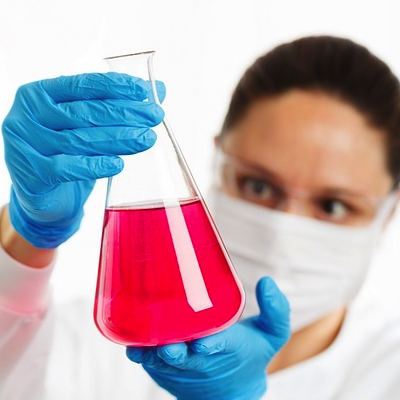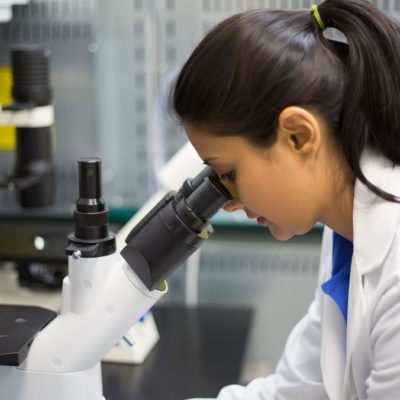BA-BE studies
BA-BE studies.
Bioavailability (BA) and bioequivalence (BE) studies are important components of drug development and regulatory approval. These studies are designed to assess the safety and effectiveness of generic drugs and to compare them to the innovator or reference product.
BA studies are used to determine the rate and extent of drug absorption after administration, and BE studies are used to compare the pharmacokinetic (PK) parameters of a generic drug to the innovator drug. PK parameters include the maximum concentration (Cmax) of a drug in the blood and the time it takes to reach this concentration (Tmax), as well as the area under the curve (AUC), which measures the total amount of drug absorbed into the bloodstream over time.
In a BE study, the generic drug is compared to the reference product in a randomized, controlled trial. Study participants are typically healthy volunteers who are given a single dose or multiple doses of the test and reference products, with a washout period in between. Blood samples are taken at various time points to measure the PK parameters, and statistical methods are used to determine whether the generic drug is bioequivalent to the reference product.
BA-BE studies are required by regulatory agencies such as the US FDA and the European Medicines Agency (EMA) for approval of generic drugs. These studies help to ensure that generic drugs are safe and effective, and they provide patients with access to lower-cost alternatives to innovator drugs.
Overall, BA and BE studies are an essential part of the drug development and regulatory approval process, as they provide critical information about the safety and effectiveness of generic drugs. By demonstrating bioequivalence to the reference product, generic drugs can be approved and made available to patients, helping to improve access to affordable healthcare.
You may be interested in the programs below:



